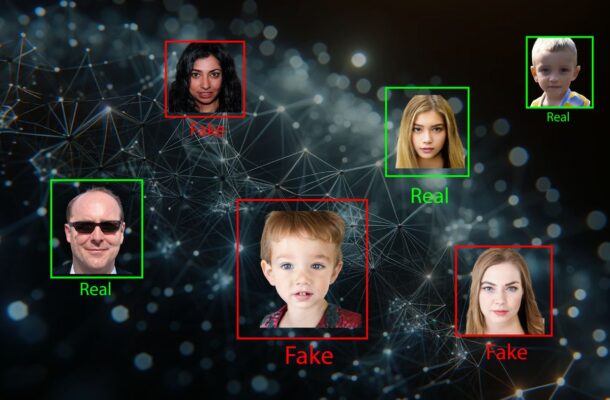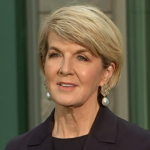The upside of deep fakes

While audiences and users need to be educated on the negative implications of deepfakes, the technology can also have positive impacts.
There are pitfalls with AI but the technology has the potential for good, says Katrien Jacobs, adjunct associate professor in cultural studies at the Chinese University of Hong Kong.
“The case is that a lot of young people specifically are using these apps to make these deepfakes. They like to use existing videos of people’s faces and other videos of people’s bodies and they put them together. And so it’s like a deep learning technology in which a new kind of person is created.
“There are different apps available for young people to try it out and obviously, they’re having fun making this kind of sexualized deepfakes. So this is one reason that it’s just become a popular digital trend right now.
“So all these things are going on and even though the governments all over the world and also the platforms are really trying to crack down on that and keep it at bay, it is still going on and still sort of multiplying these services and also the people who are making the deepfakes themselves.
“People need to be educated about deepfakes and also about the potential negative impact or potential harm. Because I also think that if, for instance, especially maybe if young people are doing that as a kind of play or maybe even to pester people, they may not be aware of you know, what happens to victims of this.
“So they need to be trained to think differently about hate speech and online abuse and to become more aware of their actions actually.
“This fake news and misinformation that is being produced and almost all of it is made non-consensually. So to turn this around, a new kind of practice would have to be developed. And I hope that this could still be done and that in, you know, that universities and so on and also that the platforms and so could also educate people about that, about the potential positive uses of the technology actually.
“There are, of course, a lot of positive, hilarious and also artistic uses of deepfakes.
“So what needs to change exactly is that they would have to be made with consent. That means people would have to agree that their videos are being used so that would be a consensual deepfake. That would be a new adoption of the technology. And of course, people are doing it that way.
“For instance, there is a famous deepfake designer in Belgium. His name is Chris Ume and he’s made all kinds of satirical deepfakes, for instance about Donald Trump that made him really famous.
“Positive application that I wanted to mention was for instance, in gaming, people want to change their identity when they play games, video games. And in that case, sometimes they want to change their voice timbre, they want to change gender for instance.
“So that is already a positive application for transsexual gamers that they use deepfake technology to change their voice. And so, you know, as a matter of fact, in terms of gender culture and queer culture, this is also something that could have very positive applications that way.
“I think every citizen and every media user today has to become more aware of that and become more of their own fact checker and, you know, trying to get the news from different kinds of sources as well.
“So it’s an opportunity for people to seek out quality media themselves or also to make consensual quality media. I think that is the opportunity here.”
Originally published under Creative Commons by 360info™.
Katrien Jacobs is an adjunct associate professor in cultural studies at the Chinese University of Hong Kong. She is also an associate researcher in the Department of Languages and Cultures at the University of Ghent.












